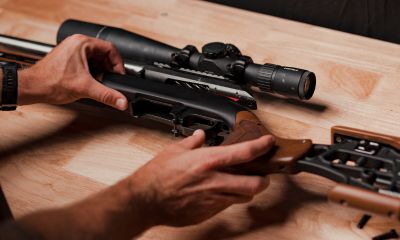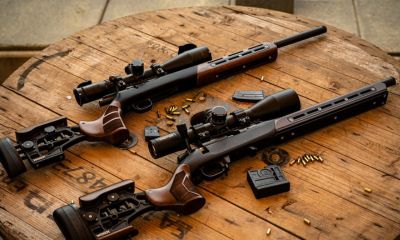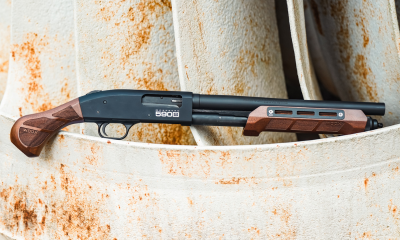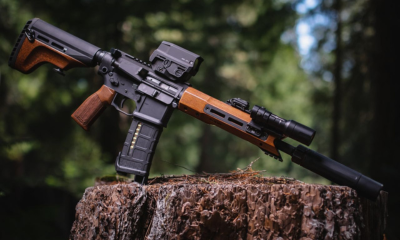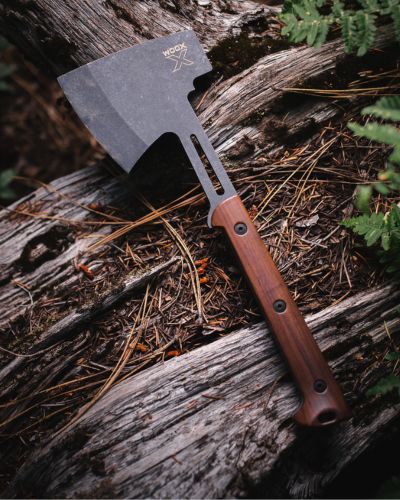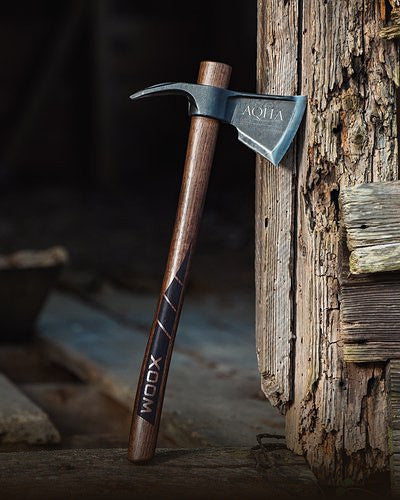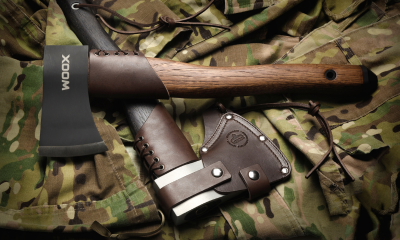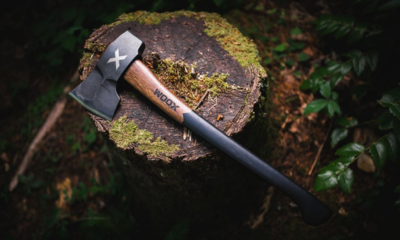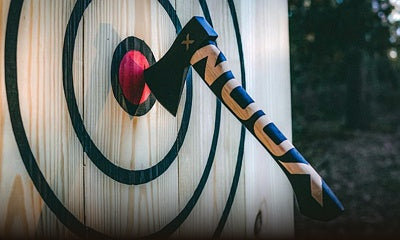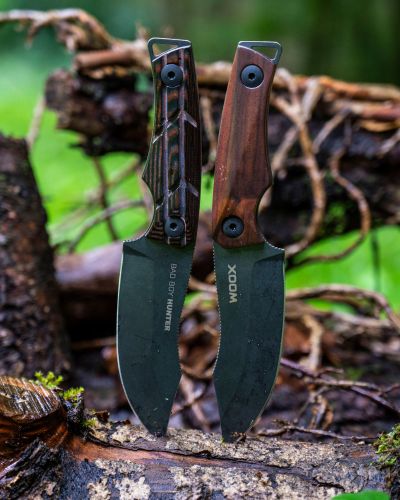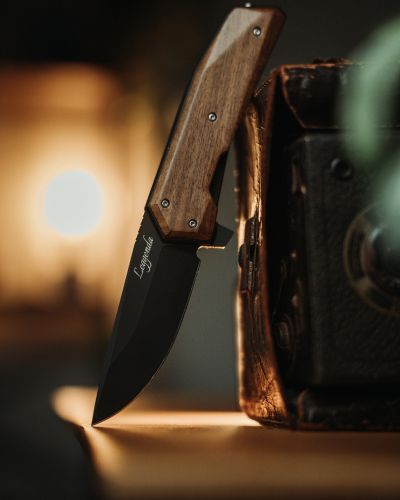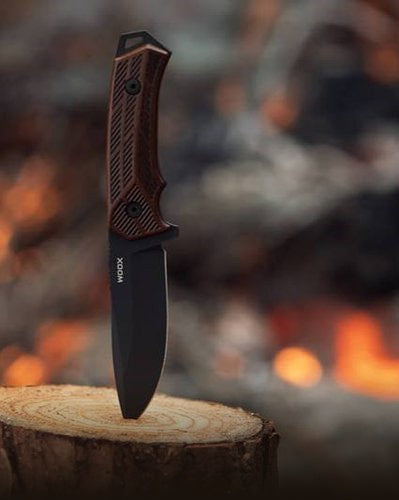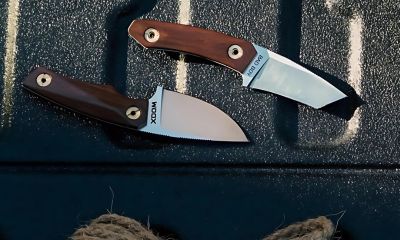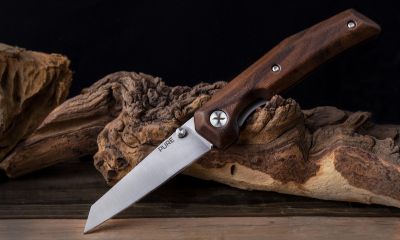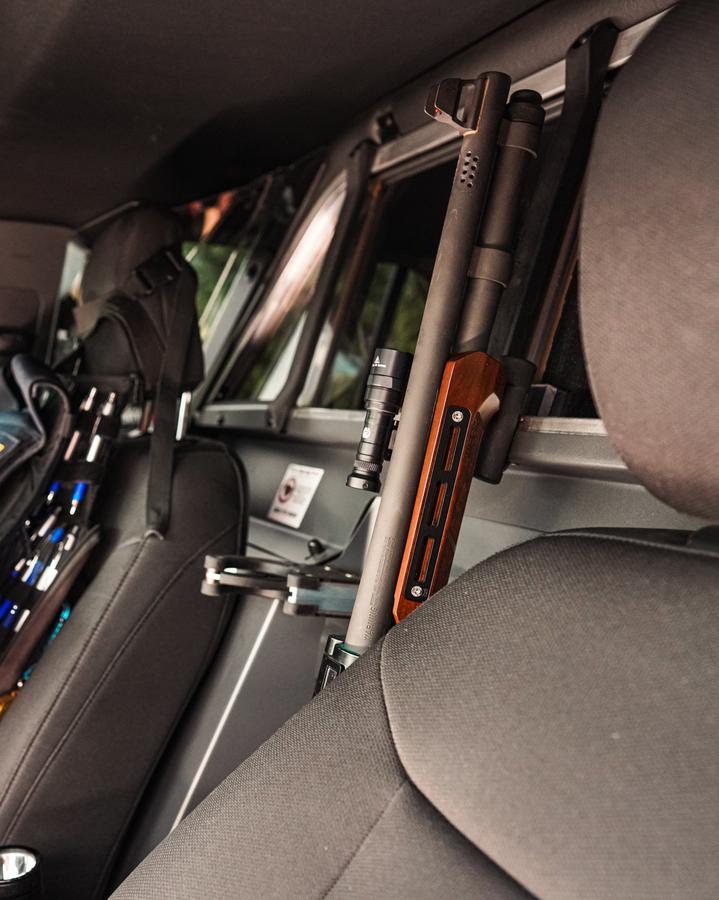AR-15 Rifle History
Table of Contents
The AR-15 rifle, a widely recognized and sometimes controversial firearm, has a rich and complex history. Its development and evolution reflect both technological advancements in gun manufacturing and the shifting landscape of firearms legislation and public opinion.
The Evolution of the AR-15
Origin and Development

Custom AR15 featuring WOOX Vigilante furniture
- Initial Design and Military Adoption: The AR-15 was initially designed in the late 1950s by Eugene Stoner for ArmaLite, a small arms engineering company. The 'AR' in AR-15 stands for ArmaLite Rifle, not 'assault rifle' as commonly misunderstood. The rifle's design was revolutionary for its use of lightweight materials and a modular architecture. It was initially intended for military use and caught the attention of the United States military, leading to the development of the M16, a fully automatic variant of the AR-15, which was adopted by the U.S. military during the Vietnam War.
Transition to Civilian Use
- Sale to Colt and Civilian Market Entry: ArmaLite, facing financial difficulties, sold the AR-15 design to Colt in 1959. Colt then modified the AR-15 for civilian use and started selling it in the early 1960s. The civilian version retained many of the original design features but was semi-automatic, meaning it could fire one round per trigger pull.

Custom AR15 featuring WOOX Vigilante furniture
Impact and Controversy
- Rising Popularity and Concerns: Over the decades, the AR-15 became extremely popular among civilian gun owners in the United States due to its reliability, accuracy, and adaptability. However, its use in several high-profile mass shootings has made it a focal point in debates over gun control legislation.
- Legislative Response: The AR-15 was directly affected by the Federal Assault Weapons Ban (AWB) of 1994, which prohibited the manufacture of certain semi-automatic firearms for civilian use. The ban expired in 2004, leading to a resurgence in the rifle's popularity.
Technological Evolution

Custom AR15 featuring WOOX Vigilante furniture
- Modularity and Customization: One of the key features of the AR-15 is its modularity, allowing owners to easily customize and upgrade various components, including the barrel, stock, and handguard. This has created a vast aftermarket for AR-15 parts and accessories, making it one of the most customizable firearms available.
Cultural Significance
- Symbolic Status: The AR-15 has become more than just a firearm; it has assumed a symbolic status in American culture. For some, it represents the right to bear arms and individual freedom, while for others, it is a symbol of gun violence and the need for stricter gun control.
Timeline
-
Eugene Stoner designs the AR-15 for ArmaLite.
Late 1950s
-
1959
ArmaLite sells the AR-15 design to Colt due to financial difficulties.
-
Early 1960s
Colt modifies the AR-15 for civilian use and begins selling it.
-
1963
The U.S. Air Force adopts a modified version of the AR-15 as the M16.
-
The M16, a fully automatic variant of the AR-15, is widely used by U.S. forces during the Vietnam War.
1964-1973
-
The AR-15 gains popularity among civilian gun owners in the United States.
1970s-1980s
-
The Federal Assault Weapons Ban (AWB) is enacted, prohibiting the manufacture of certain semi-automatic firearms, including some models of the AR-15, for civilian use.
1994
-
The Federal Assault Weapons Ban expires, leading to a resurgence in the popularity of the AR-15.
2004
-
The AR-15 remains a subject of public debate and legislative attention, particularly following its use in high-profile mass shootings.
2000s-2020s
-
The AR-15 sees continuous innovation and customization, becoming one of the most adaptable and popular rifles in the civilian firearm market.
Throughout its history
Conclusion
The AR-15's journey from a military prototype to a mainstay of civilian gun cabinets encapsulates many aspects of the broader conversation about firearms in the United States. Its history is not just about the evolution of a rifle, but also about the changing dynamics of technology, law, and culture surrounding guns in American society.

SHOP BY purpose
Discover the perfect fit for your needs with our diverse collection of aftermarket stocks, tailored for a range of different purposes.
see all our stocksKeep Reading

MP5K for the Woox Edge
Turn a classic HK MP5K into a next-level tactical rig with quality upgrades like Midwest Industries rails, B&T suppressor, Cloud Defensive REIN light, and EOTech EXPS3-0 optic for unmatched performance.
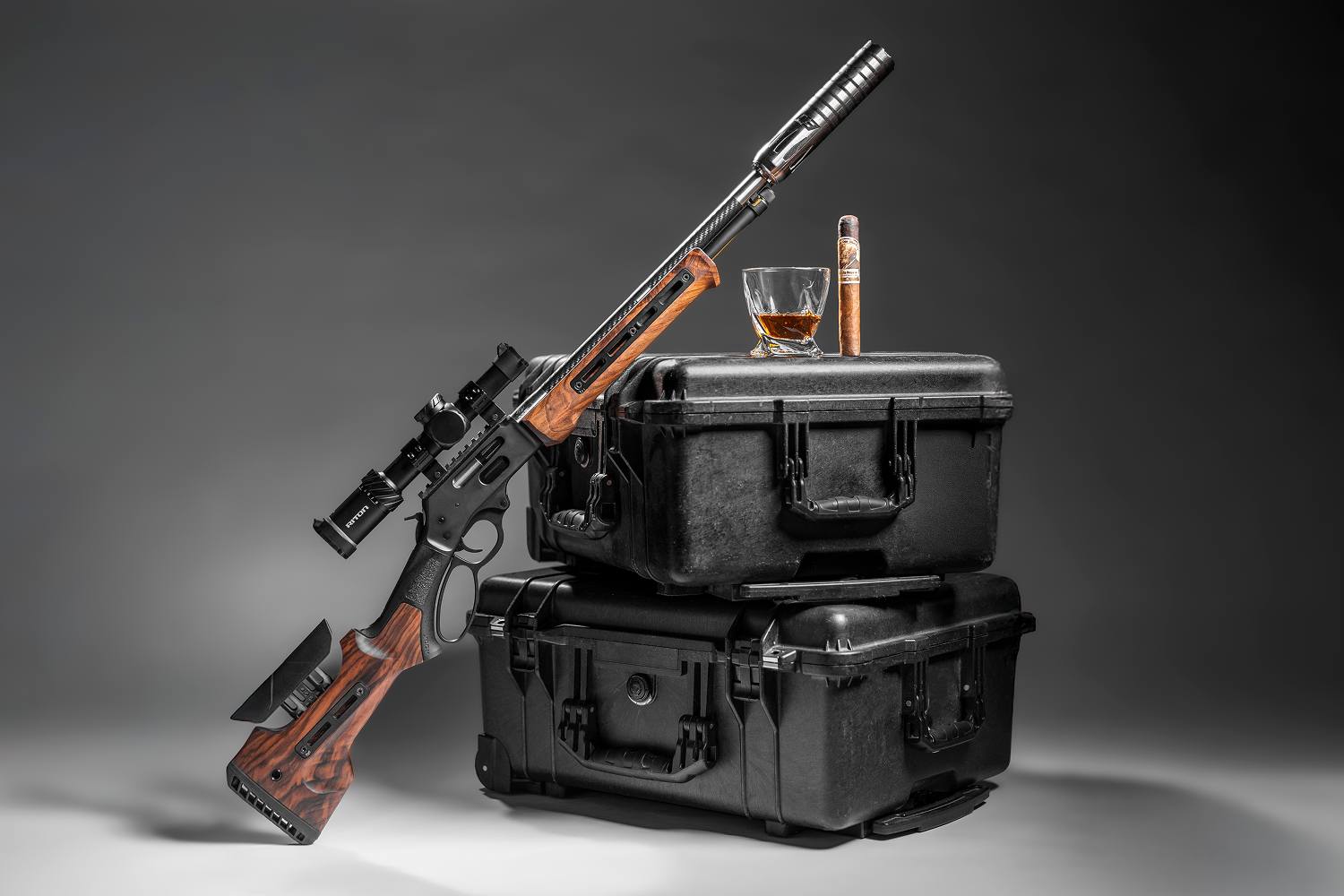
Henry HUSH & Bravado High Grade Series: A Suppressed Lever‑Action Rig Built for the Hunt
The Bravado High Grade Series blends classic lever action with modern optics and suppression, creating a versatile, quiet hunting rifle ready for any terrain.
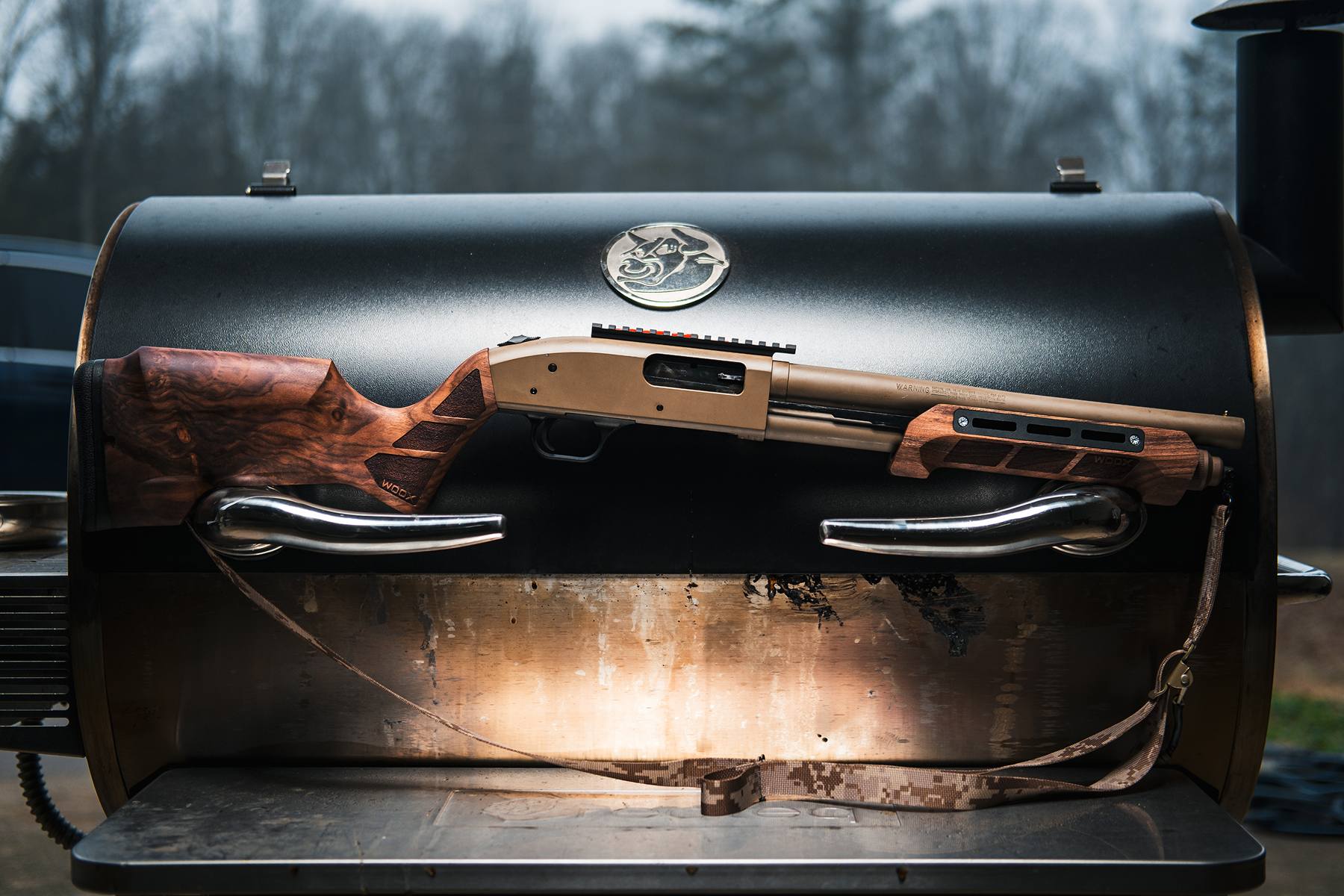
Mossberg 590 Shockwave with Eastern Shore Sling Co. on Gladiatore High Grade Series
In the Gladiatore High Grade Series, the Mossberg 590 Shockwave meets Eastern Shore Sling Co. craftsmanship, creating a compact, rugged system built for real-world readiness and confident control.
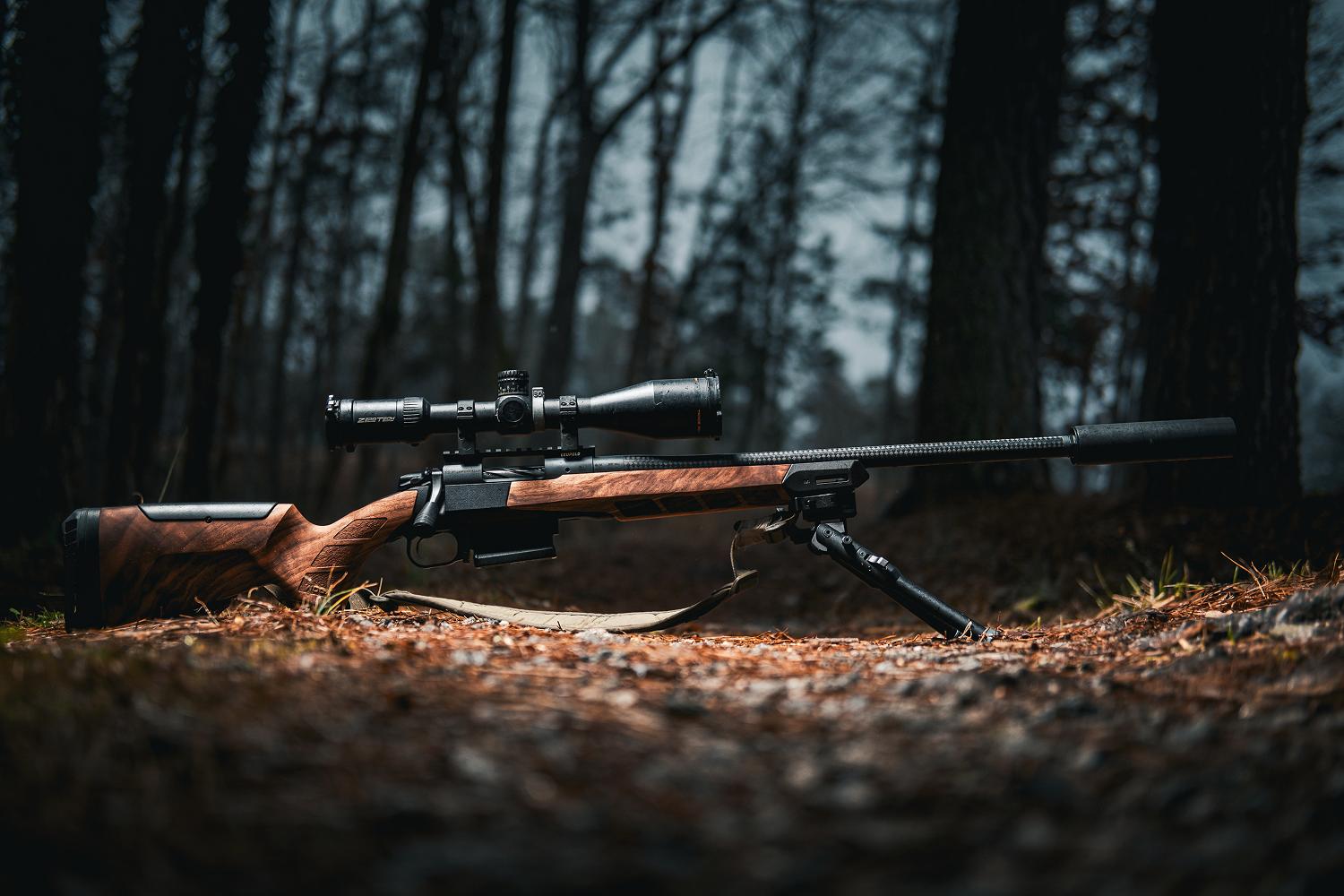
Bergara for Superleggera High Grade Series
The Bergara for Superleggera High Grade Series represents a purpose-built precision hunting system designed for mobility, reliability, and long-range confidence in demanding terrain.
build your stock
Easily customize your rear stock for the perfect look, select recoil pads for optimized comfort, engrave personal touches, and choose forends to suit your shooting style.
Your rifle, your rules.



